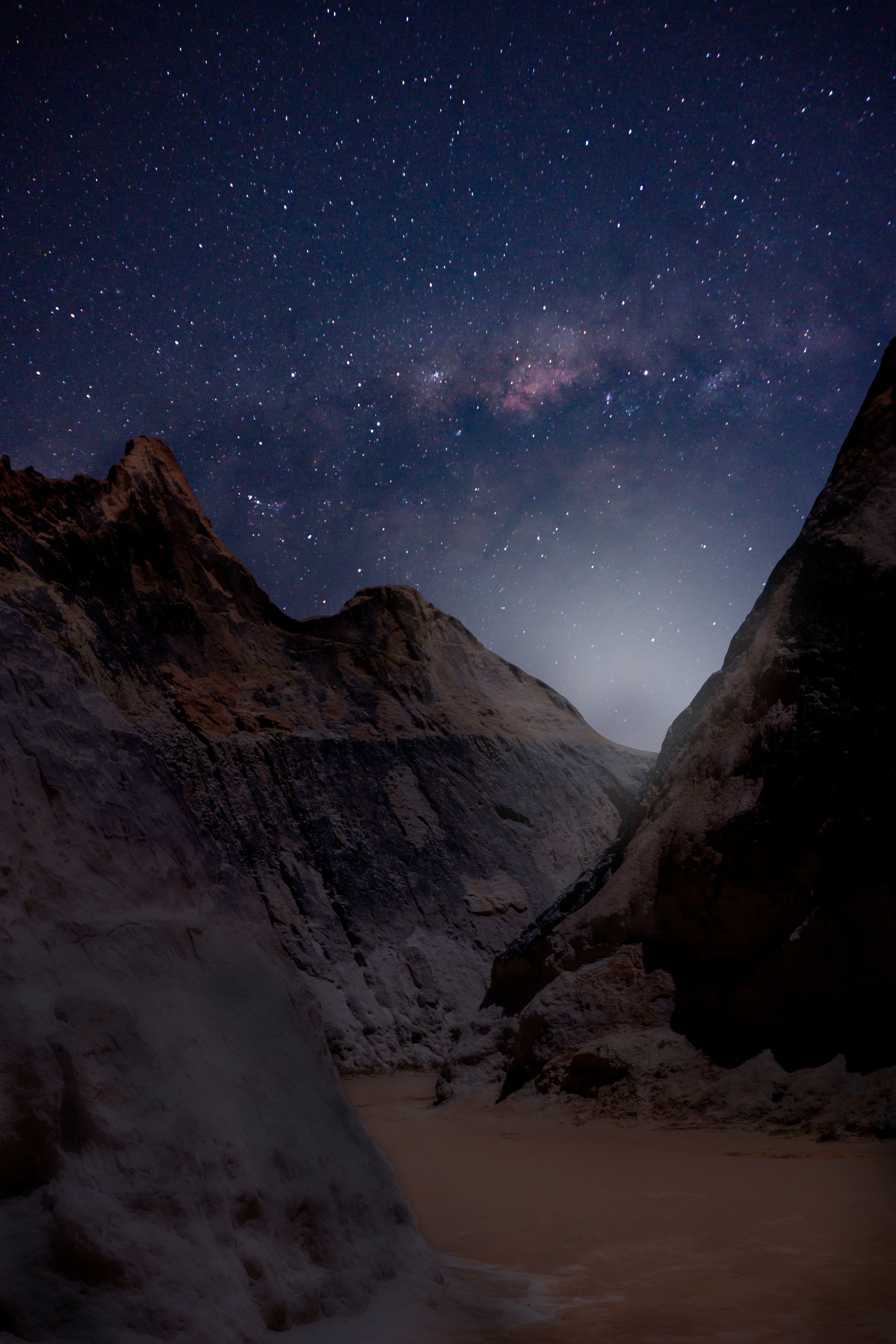Variations on The Planets

Variations on The Planets
Ruby Dunn
How do you contain a small explosion?
Just behind the eyes. It has to beat, beat
against the skin –
so if the stars, if they
have taught us anything, surely it is
that creation is not vacuumed. Not ours.
Begun before we had eyes and tongues and
telescopes and hours of our own. Begun
in fire – productive fire – and with a Word
(not Ours). If we need anything, down here,
self-important and soggy and afraid –
if we down here need anything, it’s to
be told we’re smaller than we think but not
alone – not thrown like whittled dice into
this pitch arena.
No, shadowed instead
by bodies bigger than us. And like poor
misguided parents we name them! Oh! the
audacity of naming time! All those
ancient rocks lined up for what? To mark a
thousand solstices that the builders would
never see? You named today a planet
thirteen thousand years into our past – you
named it after a man you love, perhaps
- or who loves you. And now you think you have
immortalised him. And so now he is
past immortal – before he was born his
planet bears his name and now he lives is
it still spinning? Still hurtling? Is that how
this works? Or has the quick time up there won
out again, its pace never quite in step
with our dull turning?
This is why, of course –
we find stars in ice and all the things that
we don’t think are quite eternal enough:
flowers and fireworks and babies’ eyes – all
as if to hold in stasis something of
light, to hold in our hands the echoes of
what was trapped and freed in fairy-tale terms:
long ago and far.
So, in all their bright
and silent hiddenness, these distant golds
become oil-work in our inherited
hunt – the yelp of every human life since
time remembered – for some ever-distant,
never found and fraught vanishing point where
we’ll find grounded everything we’ve questions
for:
how did the atoms come together?
And when? And will we forgive them one day
for doing it without us? How many
moons? Stars? Ages? How many ways can a
child forgive its parents? How far are we
prepared to go? For the men we love? The
women who made us? The children we did
not mean to make? So, because these old and
moulded galaxies are hidden, we find
we cannot stop chasing them, because in
them we see and cite the corners of all
our mundane mysteries – those old, glittering
things that garment us, fragment us, name us
in their own namelessness –
which is why, of
course, we sift on through the dark and draw our
lines between the stars to make animals
and omens, webbing around that trig point
in the black – which is where, of course, we find
that all those things that made it worth seeking
were beside us down here all along, that
every reason we ever had to search
is grounded in a pinnacle in time,
a moment, a sigh, and it is finished.
And it is only just beginning.
And
it was over long before we knew to
look. And we keep looking, keep finding the
same old impressive reasons to find and
name some never forgotten corner of
a long-awake world, just to be told it
was never ours to keep – only to name.
And names change, and the constellations are,
it seems, different across the equator.
And I only knew that when I crossed the
equator,
so maybe we have to cross
the dark to see that when it was finished
it was very good, see that when it was
finished, this was left in place: that every
etched steppe of light was named, was ours to name.
Ruby Dunn
Writer
Ruby's poetry has been published by the North American Anglican, Stanchion, and Hyacinth Press journals, amongst others. Her academic work has been published by the University of St Andrews Arts and Divinity Faculty Journal, and she currently lives and works in Oxford. You can read more of her work at rubydunnwrites.wordpress.com.
Photography by Martin Penot